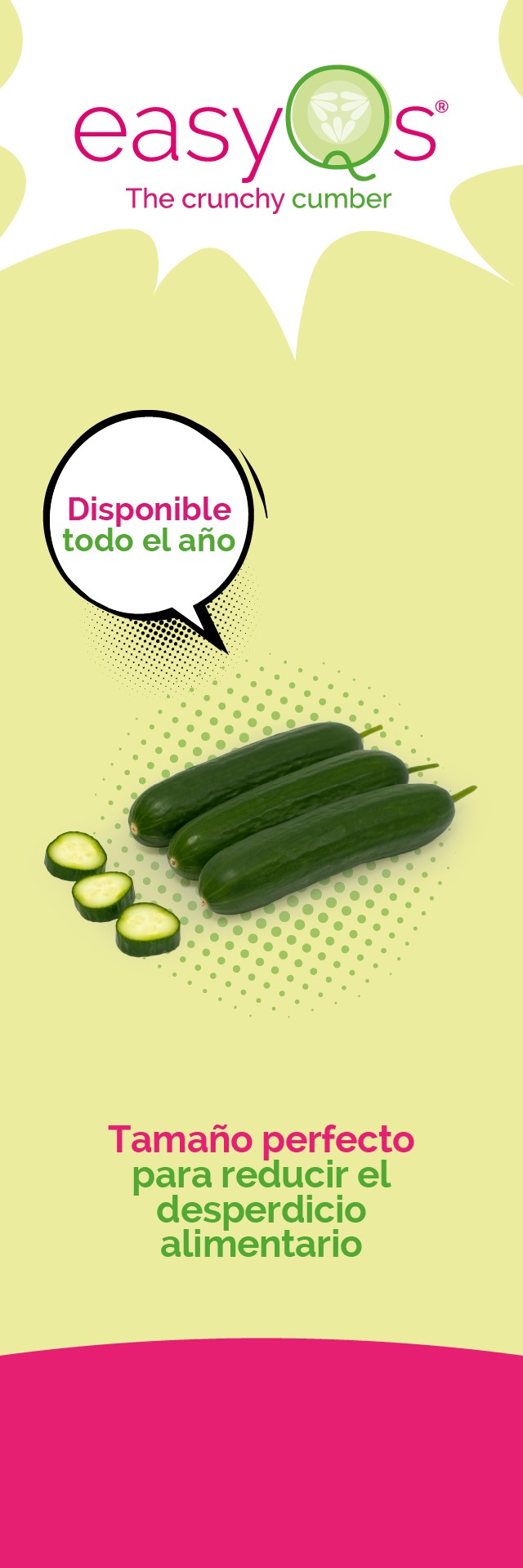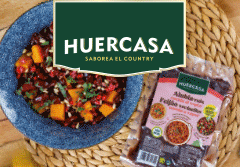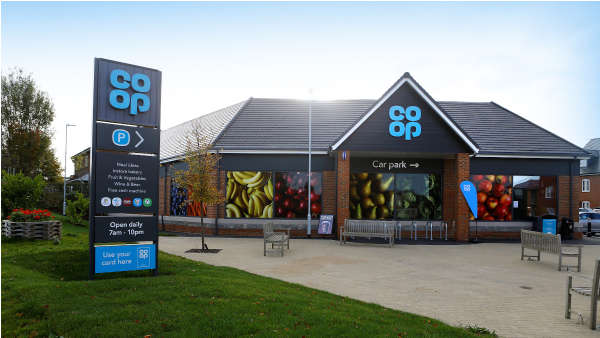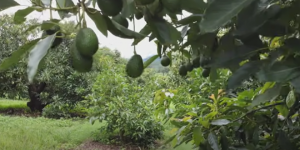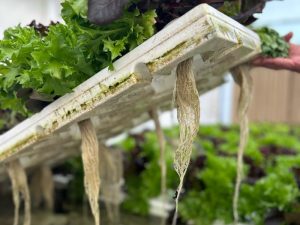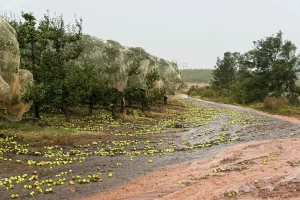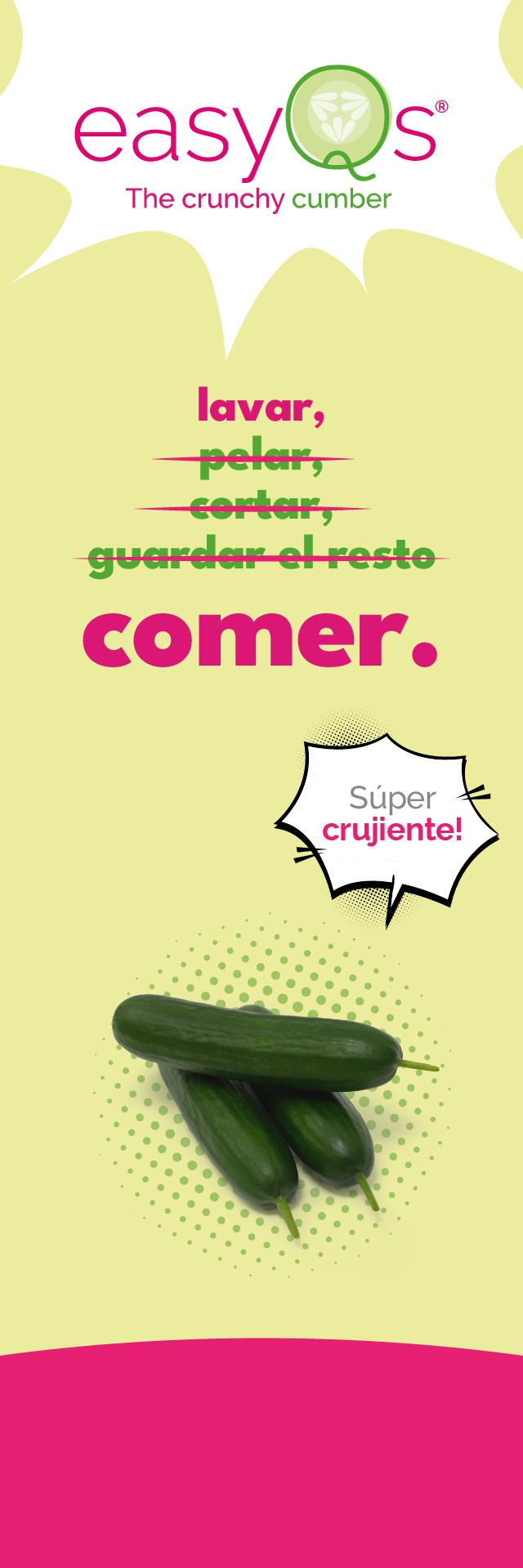As reported by The Guardian, this move affects around 100 items, including Israeli carrots and Malian mangoes, and extends beyond whole goods to ingredients used in its own-brand products. Among the other nations listed are Russia, Syria, Belarus, Myanmar, Afghanistan, and Sudan.
The retailer, which operates more than 2,300 grocery stores in the UK, said the list was developed through an independent evaluation based on assessments from bodies such as the United Nations. The evaluation highlighted persistent patterns of state-led actions that amount to widespread human rights violations or breaches of international law.
This policy follows long-standing feedback from Co-op members, who, through surveys and motions at annual meetings, expressed concern about global conflicts and urged the organisation to act in alignment with its ethical commitments. The Co-op stated that any measures taken would aim to make a tangible impact—directly or indirectly—on affected communities, while ensuring the business remains a viable and principled cooperative.
RELATED NEWS: EU approves new tariffs on Russian and Belarusian agricultural goods
Debbie White, Chair of the Co-op Group Board, emphasized that this policy reflects the retailer’s commitment to its values: “This is a strong example of our cooperative principles in action. We have listened to our members and taken meaningful steps to align our supply chain with our shared values.”
Despite the shift, the Co-op is not expected to face significant commercial disruption, as most of its sourcing already comes from Western Europe. The group had already suspended trade with Russia in early 2022 following its invasion of Ukraine.

